Back to Courses
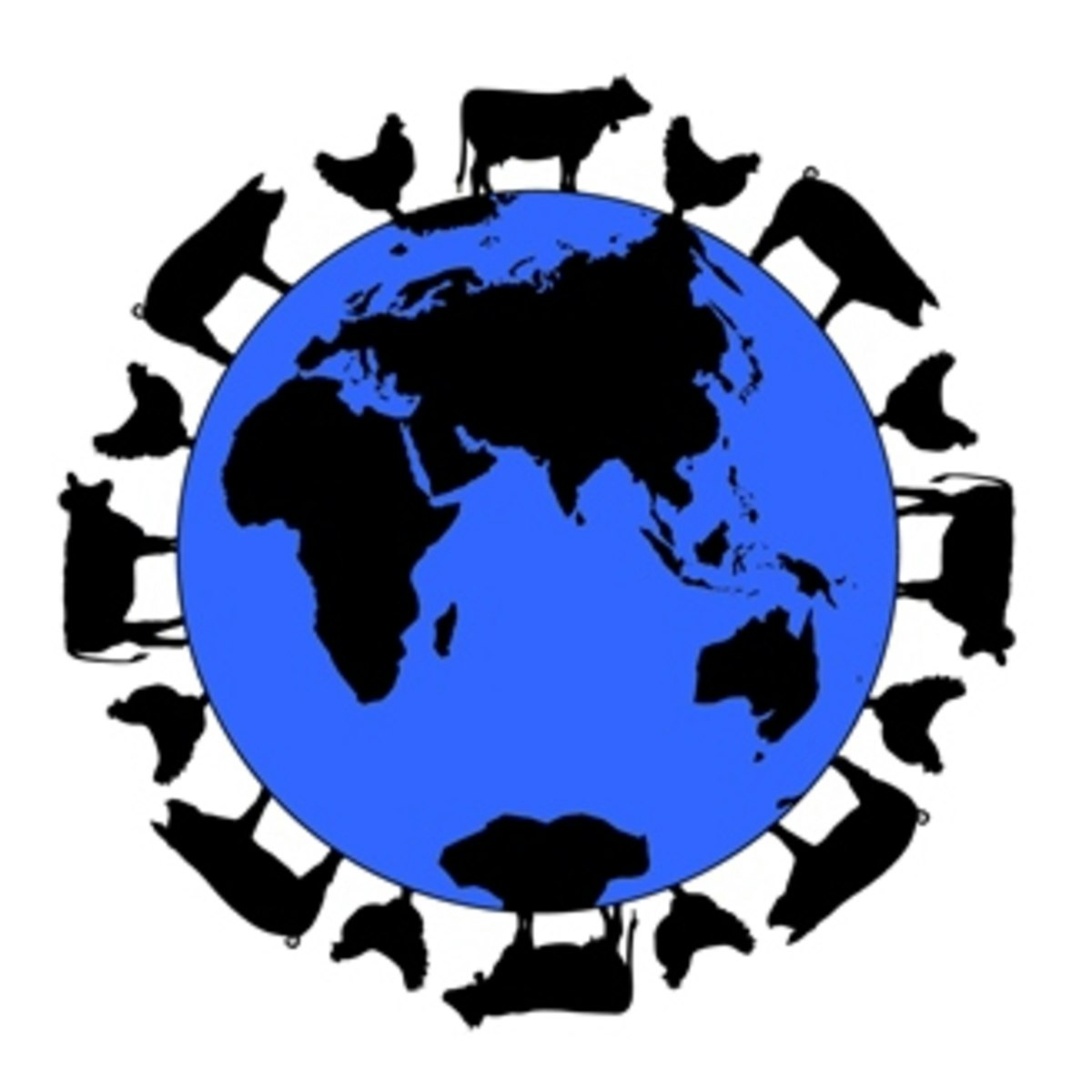
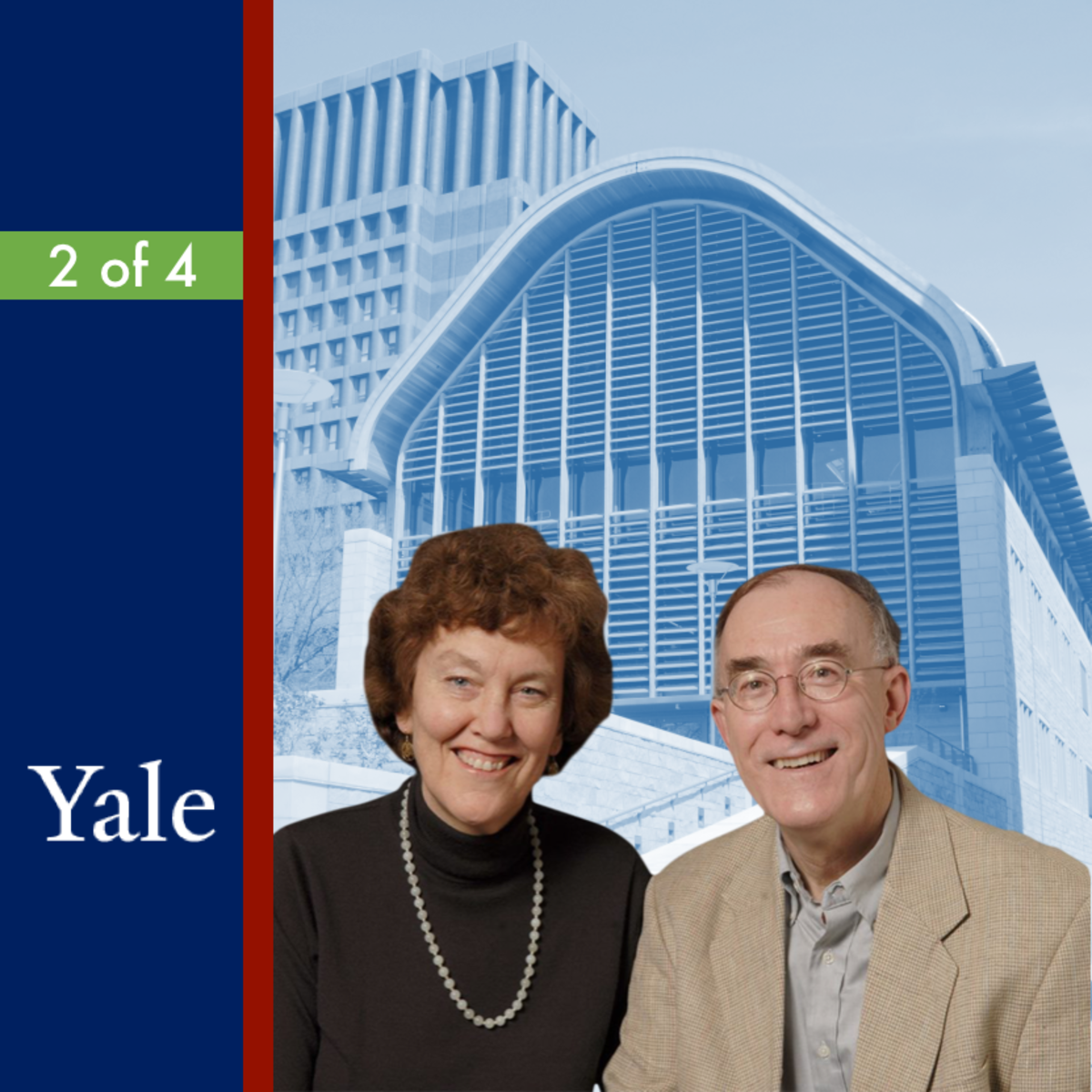
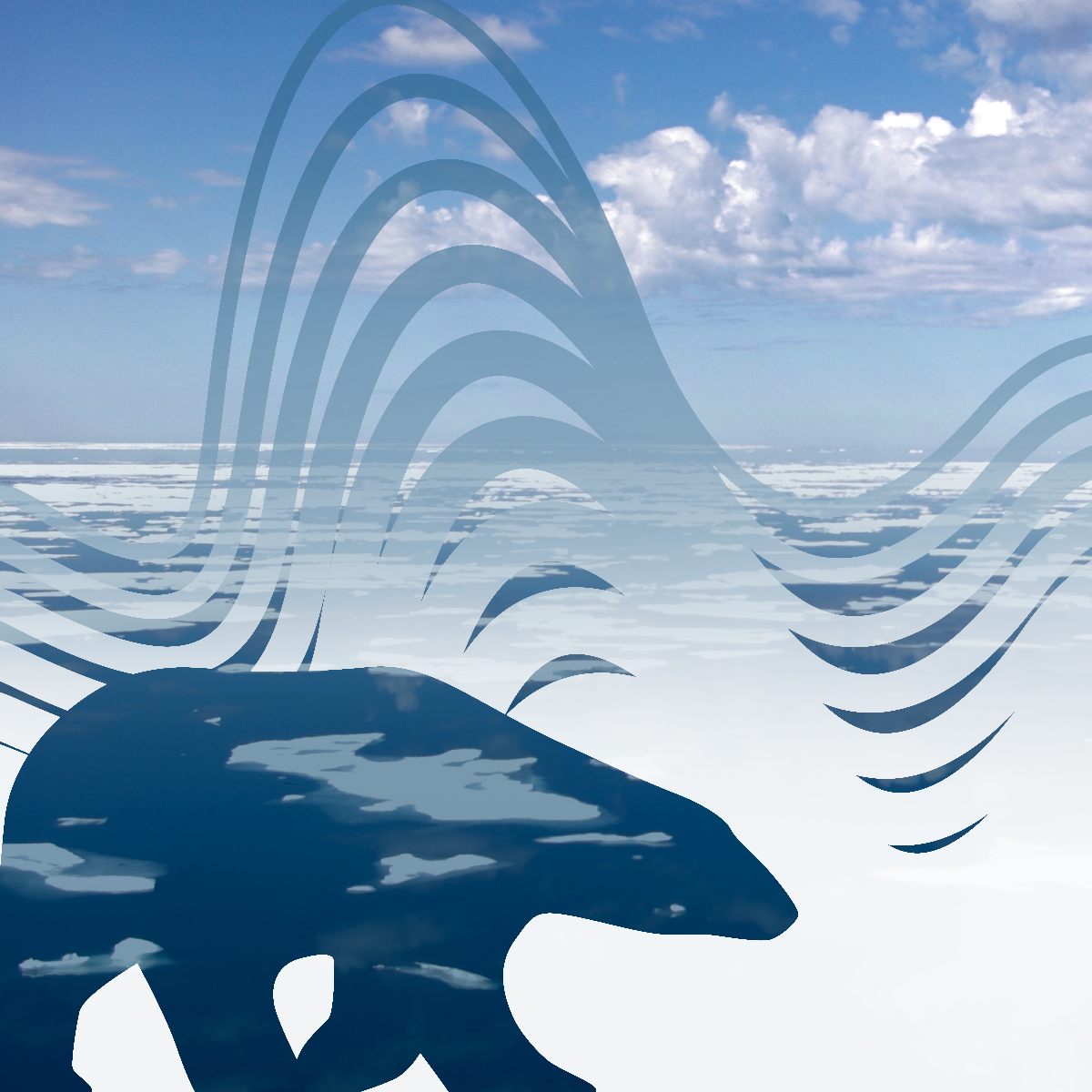
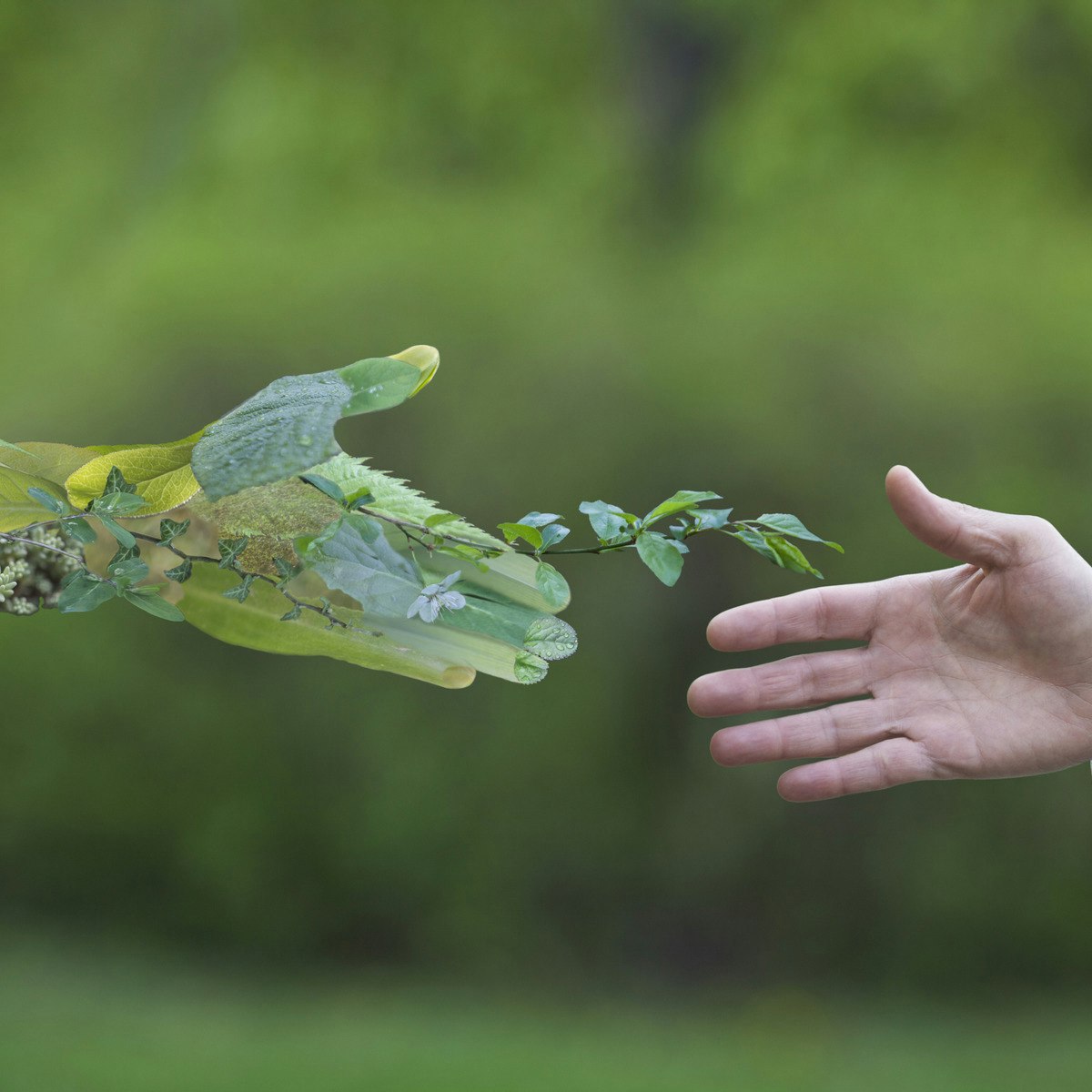

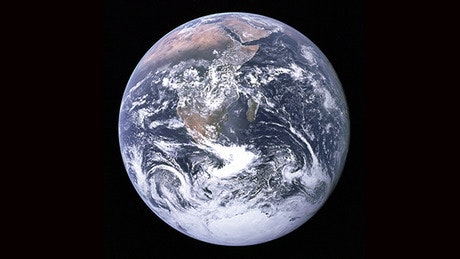
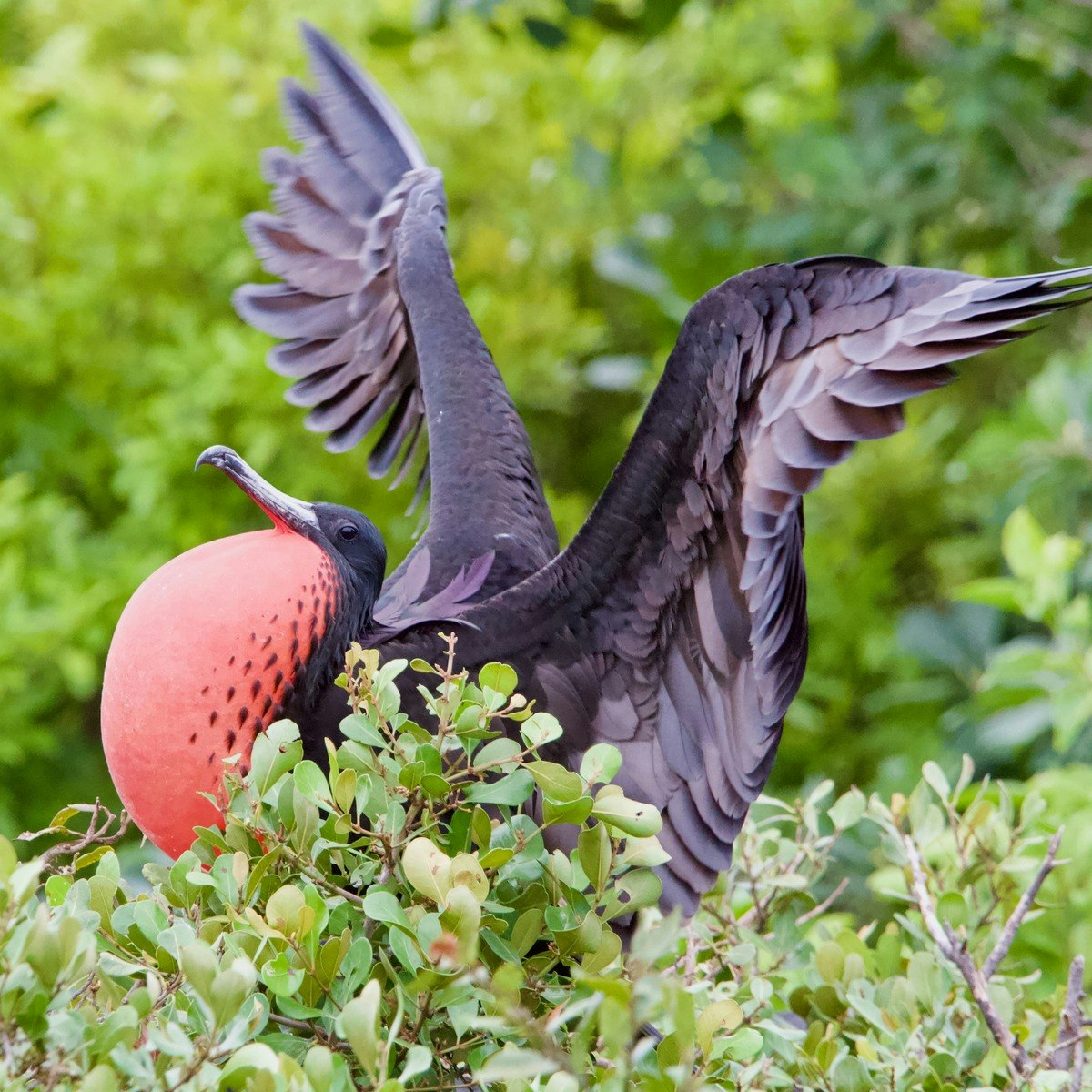
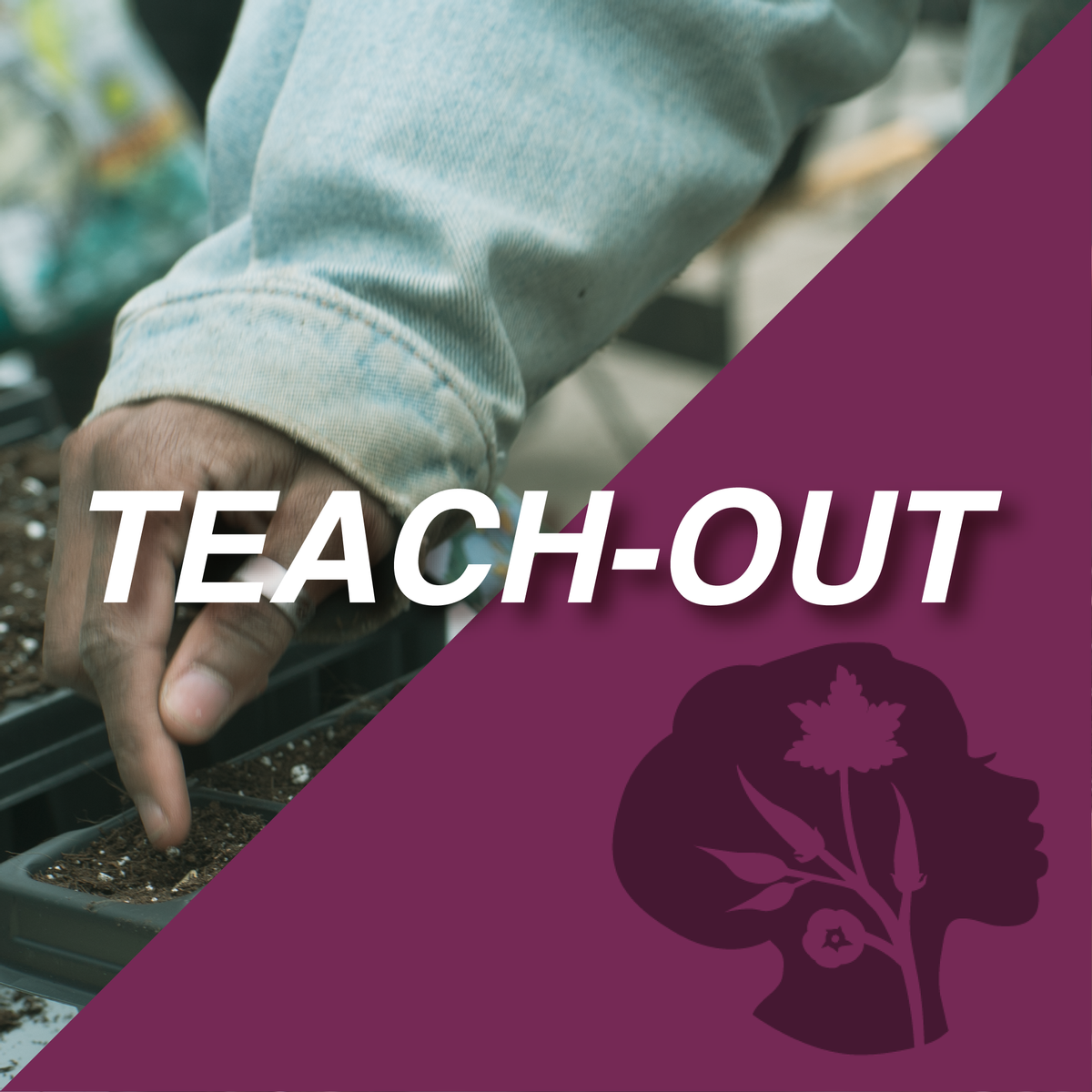
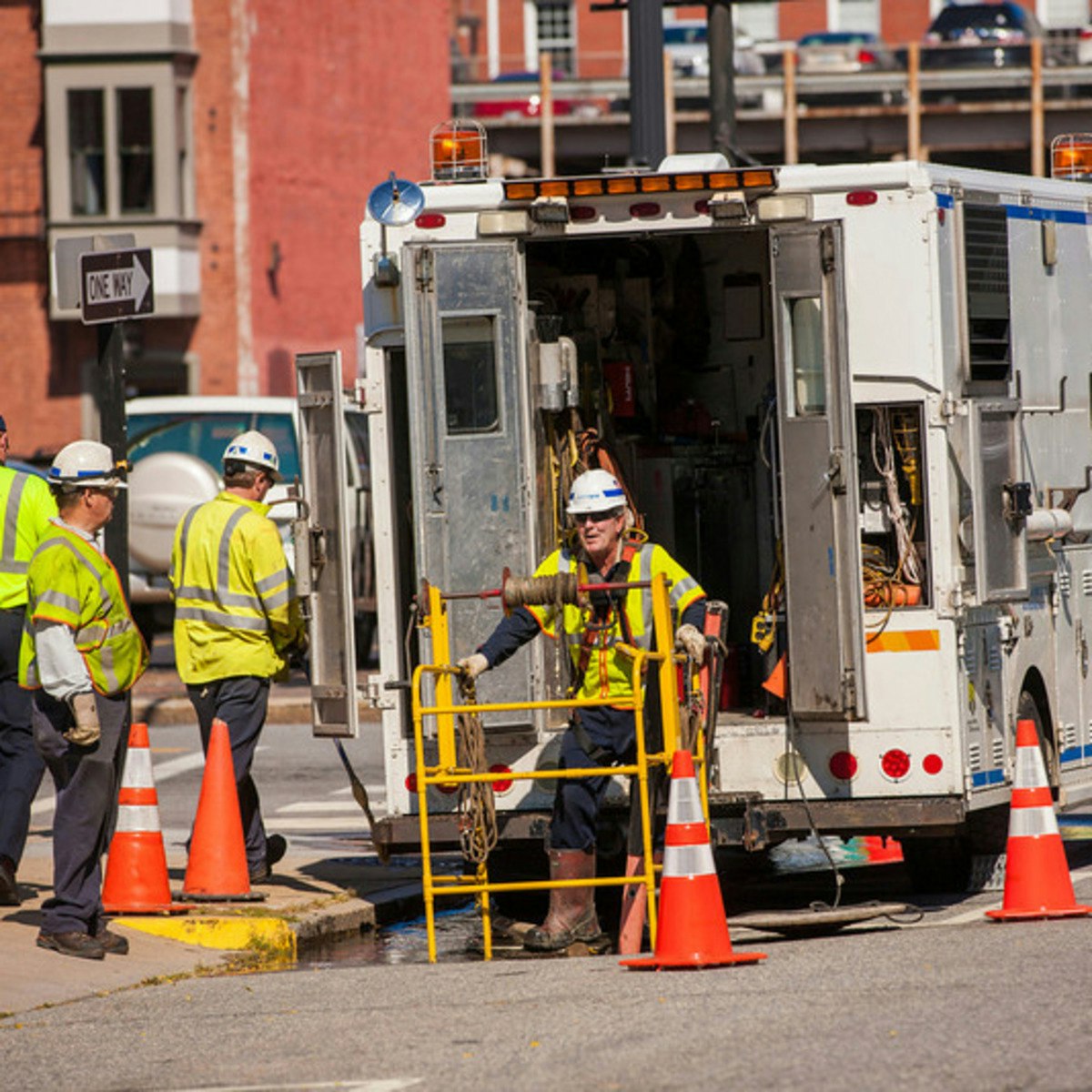
Environmental Science And Sustainability Courses - Page 8
Showing results 71-80 of 151

Working for a sustainable future: concepts and approaches
In this course, participants are introduced to key notions and concepts evolving in sustainability science that are relevant to all, independent to one's work or field of interest. After having completed the course, participants will have a better understanding of the vocabulary used today and should demonstrate the ability to reflect critically to integrate different perspectives of environmental, social, and economic sustainability to their specific area of interest or research.
Throughout the course, links are made to the Agenda 2030 for Sustainable Development, as our current global road map towards sustainability, and how new approaches and solutions are emerging to describe, understand and address key sustainability challenges. Put simply, the overall aim is to give participants the knowledge and confidence needed to present and discuss ideas with others by applying methods, concepts and the vocabulary exemplified in the course with a more holistic view on the sustainability agenda across topics and disciplines.
The course is designed as 5 modules:
The first module presents essential concepts within sustainability science, and methods used to describe, frame, and communicate aspects of sustainability. We look at key questions such as what we mean with strong or weak sustainability, resilience, tipping points and the notion of planetary boundaries. We also look at some techniques used of envisioning alternative futures and transitions pathways.
The second module is all about systems thinking and how systemic approaches are applied today to achieve long-term sustainability goals. Your will see what we mean with systems thinking and how systems thinking, and design is applied in practice to find new solutions.
The third module touches upon drivers for a sustainable future, namely links to economy and business with an introduction to notions of a circular economy, and also policy and regulatory frameworks. We introduce the basics of transformative policy frames and how they are designed and applied through several real-case examples.
The fourth module discusses the links between innovation and sustainability, highlighting approaches for technological, social, institutional, and financial innovations. Some examples (or cases) aim to show how different actors across society balance in practice the need for innovative approaches for social, environmental, and economic sustainability.
The fifth and last module provides general insights on how we work with models to create various scenarios that help us identify solutions and pathways for a more sustainable world. Three main dimensions are addressed namely climate and climate change, nature and biodiversity, and the importance of data and geodata science to support spatial planning and sustainable land use.
This course is brought to you by Lund University with input from four external contributors:
- Lund Municipality, Sweden
- DigIT Hub, a cluster organisation for digitalisation in society based in Lund, Sweden
- Forum for Social Innovation Sweden, a national network across 5 universities
- Sustainable Business Hub, a cluster organisation for smart sustainable cities, based in Malmö, Sweden
Feeding the World
This course will explore the concepts driving current food production science (population growth, urbanization, emerging affluence, resource constraints, and underlying biological limits) with the main focus on livestock production. Each of the major food animal species (dairy, swine, beef, and poultry) will be covered in terms of their universal life cycles, constraints to production and emerging societal issues.
Throughout the course, we will tackle some difficult and important questions:
What are the major health benefits and potential concerns regarding the production and consumption of animal products?
How does animal production affect the efficient use of resources and impact our environment?
Can cost of production be reduced to meet growing demand for animal products around the globe while maintaining health and safety for both animals and consumers?
What are the different types of animal food production systems?
Myths and misconceptions surrounding the animal food systems will be discussed. We’ll also look closely at some of the global issues, problems, and challenges in these food systems which scientists, farmers, and veterinarians, are attempting to solve through collaboration.
Lectures will be delivered by several experts from the University of Pennsylvania, School of Veterinary Medicine who are intimately involved in the study and advancement of animal production systems. The course is geared towards learners who seek a greater understanding of animal food systems as well as those who might have never visited an animal farm, but have a desire to learn more about where some of our food comes from and issues surrounding sustainability.

Journey Conversations: Weaving Knowledge and Action
Journey of the Universe weaves together the discoveries of the evolutionary sciences together with humanities such as history, philosophy, art, and religion. This course draws on the Journey of the Universe Conversations, a series of 20 interviews with scientists and environmentalists. The first 10 interviews are with scientists and historians who deepen our understanding of the evolutionary process of universe, Earth, and humans. The second 10 interviews are with environmentalists, teachers, and artists who explore the connections between the universe story and the practices for a flourishing Earth community.

Introduction to the Arctic: Climate
The University of Alberta, the University of Tromso and the University of the Arctic invite you to explore this four week course that examines the environment and climate of the circumpolar North. This course is the result of an international collaboration and provides you with an insight into our planet's North. Following an overview of regional geography, we will focus on the cryosphere (ice), as well as the atmosphere and ocean of the region. We will learn why the Arctic is cold and ice covered, and how that impacts its climate and ecosystems. We will also consider how the Arctic is connected to the rest of the world. Finally, we will examine present day climate change, the processes driving it, and evidence for it in the Arctic, before looking at the implications in the rapidly evolving North. Watch a preview of the course here: https://uofa.ualberta.ca/courses/arctic-climate

The Finance of Climate Change
The urgent transition towards a low-carbon economy will profoundly change our economy. Households, companies and financial intermediaries have to be ready in order to avoid the downside risks and seize the opportunities created by climate change. The Finance of Climate Change MOOC will explain (i) how climate change and the policies aimed to mitigate it will impact the different businesses and (ii) the means and tools at the disposal of companies, banks and investors to be part of this transition.
What is the shadow price of carbon? What makes a bond green? How can investors steer the decarbonization of a company? How can we make sure that a company is making real efforts to make its business model climate-resilient and not just greenwashing? These are some of the questions that will be addressed in this MOOC.
This MOOC covers the financial risks and opportunities of climate change and how companies can finance their green transition, for example by issuing green securities. You will also learn how financial intermediaries address climate change risks and why central banks are concerned about climate change.
This MOOC is for those who wish to understand the finance of climate. It is not necessary to have specialized prior knowledge, apart from basic familiarity with accounting and financial concepts such as discounted cash flows. We do suggest, however, taking the first and second MOOC of this specialization before starting this one in order to gain a simple but solid understanding of the science and economics aspects of climatic changes.

Urban Air Mobility
View the course trailer: https://www.youtube.com/watch?v=EimqY7-0yRs&t=33s
How can the traffic collapse of the global multimillion cities be prevented? One way out could lead upwards: Urban air transport. By 2030, it is estimated that around 60 percent of humanity will live in cities. If it is possible to shift some of the traffic from the roads to the air, researchers believe this could help to further ensure the basic human need for mobility. But there are still some technical, social, and legal preconditions to be met.
The course gives a first introduction to the relatively new field of Urban Air Mobility, explaining the technical background as well as giving an overview of all other necessities such as air traffic management, public acceptance, and ecological sustainability. This course is primarily aimed at master's students and PhD candidates and young professionals interested in exploring new fields in aerospace.

Our Earth: Its Climate, History, and Processes
Develop a greater appreciation for how the air, water, land, and life formed and have interacted over the last 4.5 billion years.

Introduction to Biology: Biodiversity
In this course we will examine the incredible variety of life that inhabits this planet including microorganisms, plants, and animals. For each of the major groups we’ll learn about their characteristics, functions, and how they came into existence as well as some of the roles they play in the natural world, and how they’re relevant to people. We’ll also take a close look at us humans and consider what we know about our origins and what might become of us in the future.
Black Agricultural Solutions to Food Apartheid: A Teach-Out
Black Agricultural Solutions to Food Apartheid is a series where we dive deep into the historical, ancestral, and spiritual connections that Black people have to land and agriculture. Throughout this course, we encourage participants to learn about their ancestral foodways, agrarian practices, and spiritual connections. These sessions share wisdom and highlight the importance of food sovereignty, rebuilding community, and land based living.
Participants will gain a deeper understanding of the spiritual and ancestral relationships that many Black people have to a higher power, land, plants, and each other.
Participants will walk away from this series with an understanding of the many benefits of gardening and farming, including but not limited to social capital, collective agency, physical wellbeing, deepened spiritual connections, community resilience, economic autonomy, organizing, mobilizing, and improved mental and emotional health.
Participants will leave this session with the desire to learn more about their own familial relationships to food and land, as well as a greater understanding of Black agriculture.

Safety in the Utility Industry
This course arms you with basic utility industry safety knowledge. You will be educated about personal protective equipment, fire safety, hazardous materials and their symbols. You will gain insights to recognize the importance of a safe work environment.
This course is for individuals considering a career in the energy field (who have a high school diploma, at minimum, and basic knowledge of mathematics), and existing energy sector employees with less than three years of experience who have not completed similar training and would benefit from a course of foundational industry concepts.
The course is a combination of online lectures, videos, readings and discussions.
This is the third course in the Energy Production, Distribution & Safety specialization that explores various facets of the power sector, and features a culminating project involving creation of a roadmap to achieve a self-established, energy-related professional goal. To learn more about the specialization, check out a video overview at https://www.youtube.com/watch?v=2Yh9qIYiUDk.
Popular Internships and Jobs by Categories
Browse
© 2024 BoostGrad | All rights reserved


